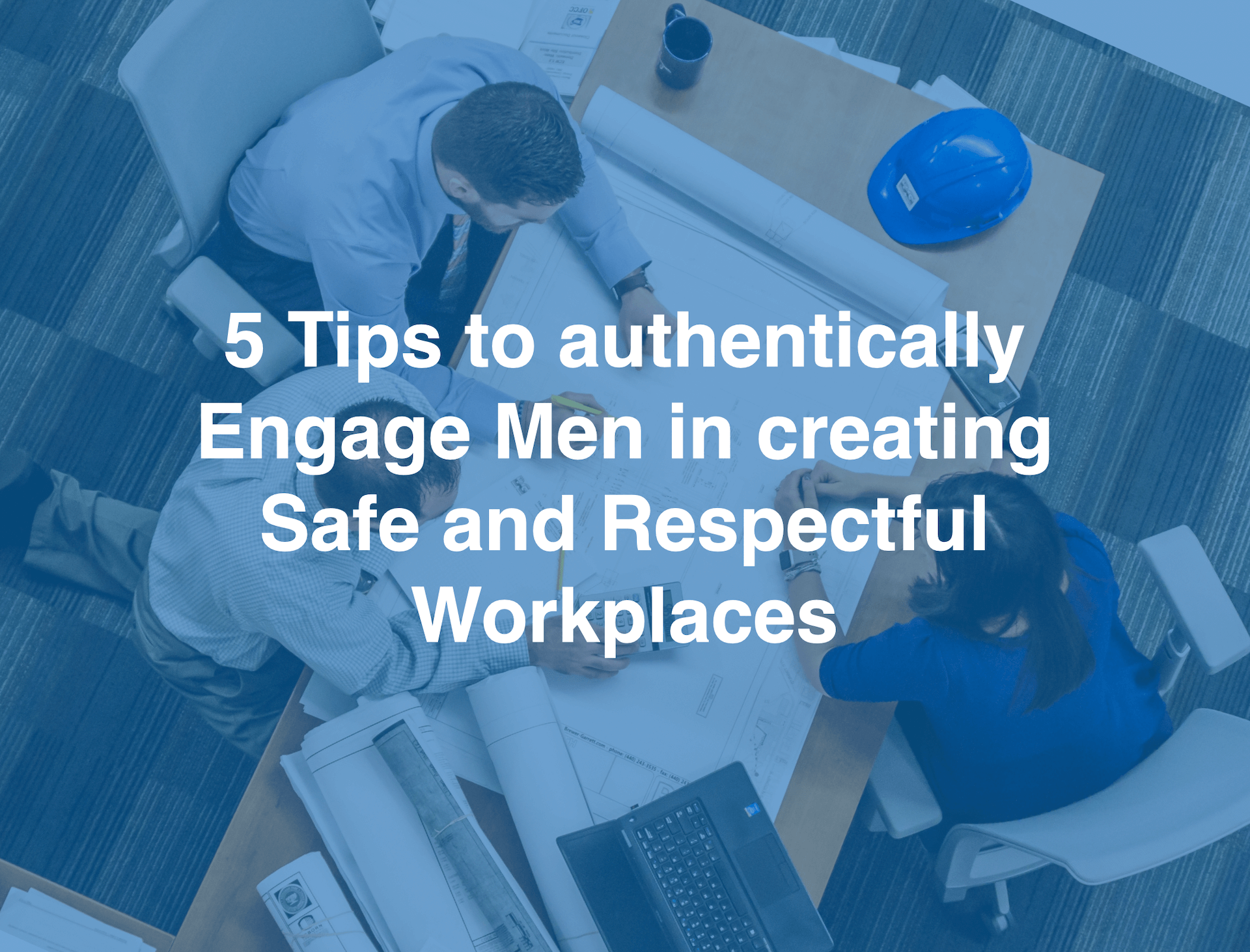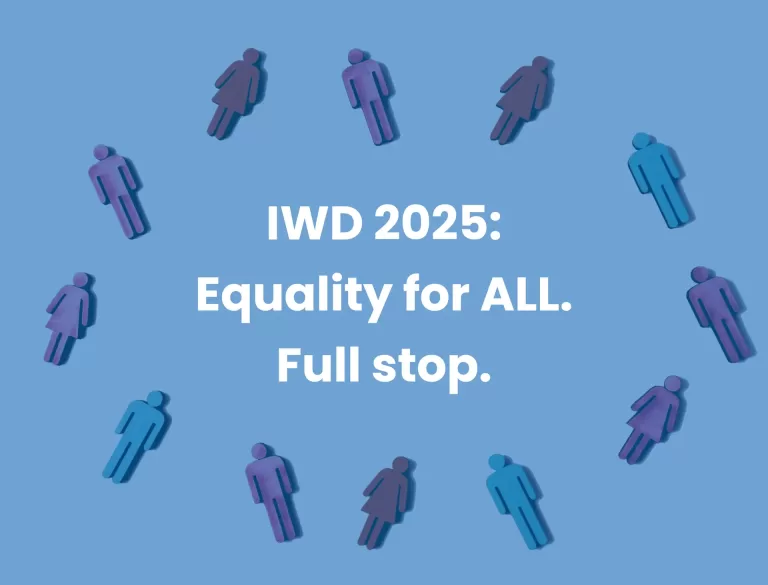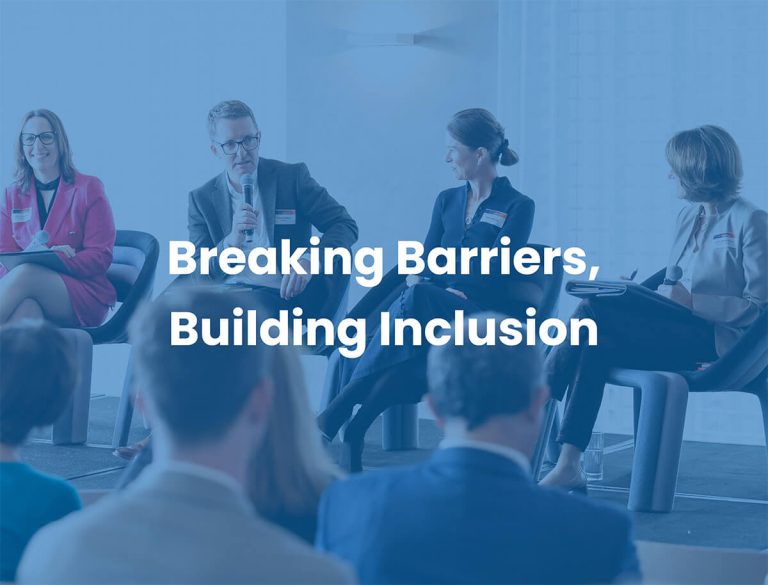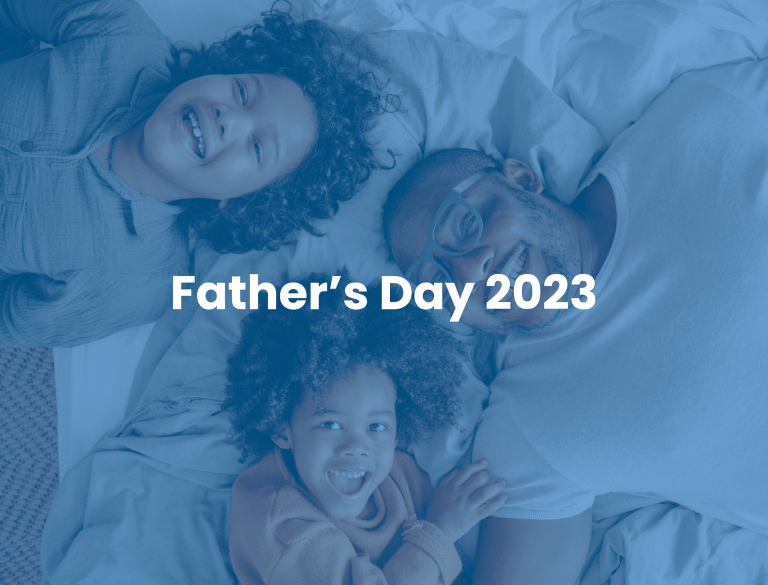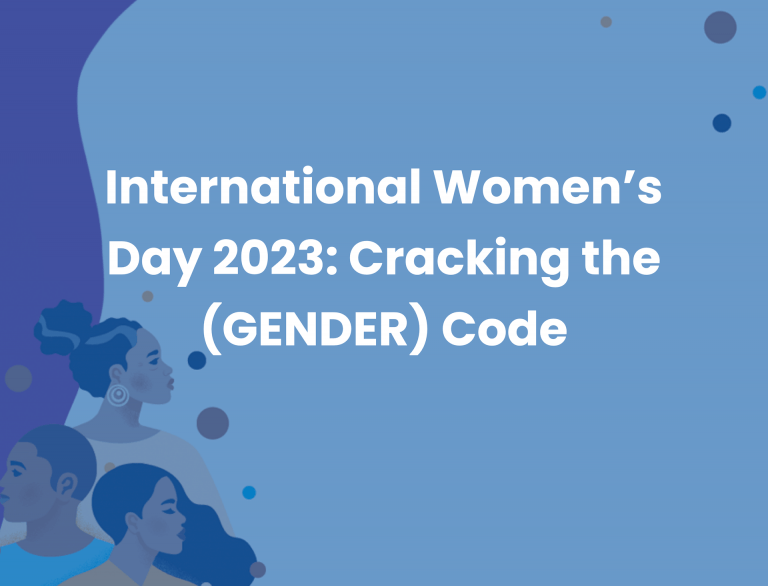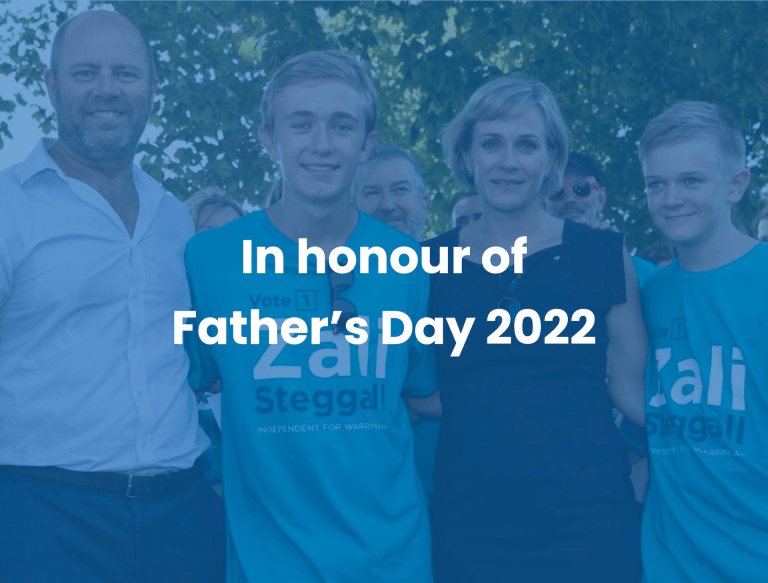5 Tips to authentically Engage Men in creating Safe and Respectful Workplaces
Women are outraged. And justifiably so. The Prime Minister’s bungled response to Brittany Higgins’ rape allegation was the tipping point. Women let loose the fury of over 100 years of battles – some won, far too many still ongoing – to be heard, to feel safe, to be treated as equal.
But as the rage subsides, it’s time we turn our attention to solutions—real, systemic, sustainable solutions. Evidence-based solutions that bring about behavioural and ultimately, cultural change. Solutions that involve men becoming as engaged and enraged as women. But there’s a significant barrier as was highlighted in Scott Morrison’s interview with Tracy Grimshaw:
“You’ve lived with it (harassment / fear of violence), I’m sure your whole life…You understand it in a way that only you could. You know, I have a very different experience to yours.”
And that’s empathy.
Empathy
It refers to the ability to understand and share the feelings of another. It’s the emotion that fueled the passion of 100,000 women across the country to #March4Justice. Women were there because they had experienced sexual harassment or violence, or knew someone who had, or because it could happen to any one of them, as it did to Brittany Higgins. But not so for men.
They can imagine being the victim of a ‘king hit’ as they or their mate leaves a pub. It could happen to them. Which is why former NSW Premier Mike Baird responded so quickly to the horrific and senseless death of an 18-year-old Sydney boy.
It’s also why we, as a country, are not protesting in the streets to overturn inhumane, UN-defying Asylum Seeker policies that have led to profound suffering and death amongst people within our care. Because we can’t imagine it happening to us. Because it’s not our problem. Because it doesn’t affect us. A harsh analogy but stop and reflect for a moment. Does it ring true?
Building empathy
I’d never met an asylum seeker until I was introduced to a South Sudanese man who my friend, a human rights lawyer, was representing. It’s the machete-inflicted scars along both arms that are burned in my memory. I had never met a domestic violence survivor before she came to share her story with me and a group of CEOs. It’s the debilitating fear that she still lives with to this day that shook everyone in the room.
Hearing stories changes perspectives and compels us to take action. As they did during the marriage equality campaign. And as we want them to do in the wake of the Canberra culture (and broader workplace) stories.
It’s vital that men be part of this journey. Men still overwhelmingly hold the levers of power across Australia, in private and public life. They’re in positions to create the kind of change we want to see today—not in five, ten or twenty-five years. If you want men to join in, let me share with you five tips that authentically engage men in creating safe and inclusive cultures.
5 Tips to authentically Engage Men in creating Safe and Respectful Workplaces
1. Build understanding: Provide a safe (non-judgemental) space to deeply explore the source of sexist beliefs and behaviors
What are the messages boys absorb from a very early age? Our globally lagging parental leave and childcare schemes leads to one of the highest rates of women working part-time and only one in two men accessing parental leave. Consequently, one-third of men aged 18-30 still believe men should be primary breadwinners and shouldn’t learn to cook, clean or look after children.
Furthermore, footy fields, locker rooms, boys’ schools, internet pornography, the views of some of our public figures is replete with banter and images that objectifies, or worse, normalises violence against women.
When men are provided the opportunity to deeply explore these messages and how they’re not only reinforced but rewarded in our culture, the outdated notion of “boys will be boys” is replaced with “This is toxic stuff. We need to do something about it.”
2. Create empathy: Provide opportunity to virtually experience casual sexism and its impact
“It doesn’t happen in our firm, at least not anymore” is a common reaction to questions around sexist behaviour at work – until men realise it is happening in their firm. Providing the opportunity to virtually experience what it’s like to be a woman, along with the impact it has—from mental exhaustion to fear and attrition—elicits another ‘aha’ moment: “I had no idea. We need to do something about this.”
3. Shift the narrative – highlight the benefits to women and men of safe and respectful workplaces
To date, companies have focussed solely on the impact of sexist cultures on women, understandably. Women bear the greatest burden. But sexist or discriminatory cultures effect everyone across the firm, impacting performance, productivity and retention. Furthermore, men who subscribe to traditional masculine norms (sexism) are more likely to report poorer mental health and less likely to seek support.
4. Bring men and women together to identify solutions
Once understanding and empathy is forged, bring women and men together to collaboratively identify solutions. Women have been advocating on their own since they first entered the workforce. Providing them the opportunity to hear men share their learnings is powerful. Often, women feel heard for the first time. And men have the opportunity to test and refine solutions – the personal commitments they’ve identified to overcome outdated norms and help create the kind of safe and respectful culture where all can thrive.
5. Provide skills training and positive reinforcement
Adjusting socially conditioned behaviors and shifting workplace culture doesn’t happen overnight. But with the right systems and processes in place—skills training, leaders role-modelling inclusive behaviours, peer-to-peer support and regular check-ins—what seemed an impossible task will reap the desired outcome in record time.
And that’s what we want to see – an end to the divisive gender wars and a leadership-led approach for men and women to work together to create the kind of workplace where everyone thrives.
__________________________
Coleen MacKinnon is founder and principal of Inclusivity Quotient (InQ), a boutique consultancy dedicated to breaking down barriers and co-creating gender inclusive companies.

